College of Science, Engineering & Technology
More than chemical reactions to produce novel compounds
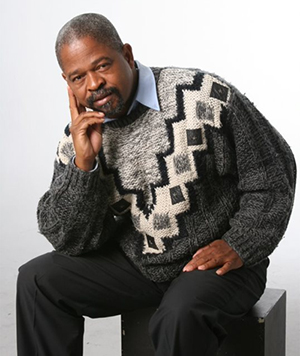
Prof Malose Mphahlele
The mandate is crystal clear: To undertake research not solely for self-development or incentive purposes, but for capacity development to contribute to the pool required to support our country’s economy in the science and technology sector, says Prof Malose Mphahlele from the College of Science, Engineering and Technology (CSET), a member of the Unisa 2019 Million Rand Club.
Mphahlele was acknowledged as a member of the prestigious club at the 2020 Research & Innovation Awards for his noteworthy academic contributions. "Success in attracting external funding is a crucial indicator of the university’s research strength - and thus serves as an important quality measure given the pressure on the research budgets, external funding is an essential ingredient in sustaining the research agenda within the university," affirmed Dr Genevieve James, Deputy Director of Community Engagement, who was programme director for the evening.
Quoting Ian Jukes, Mphahlele says: "We need to prepare students for the future and not our past." He firmly believes that one of the basic challenges facing the country and the continent is the scarcity of qualified and skilled researchers in many fields, especially in the natural sciences. His plans are to use the grant for capacity development, purchase of consumables, payment for service rendering, student support and conferences.
During his notable career so far, Mphahlele has successfully led the Ecotoxicology Research Niche Area team, trained several researchers, and worked on multidisciplinary research, complemented by national awards and research grants. His research focus is on synthetic organic, structural, mechanistic and bioorganic chemistry, motivated by a deep inclination to understand and explain the gaps in the arsenal of methods to construct novel and bioactive molecules. "A key area of interest is the synthesis and structural characterisation of biologically relevant nitrogen, phosphorus or sulphur-containing heterocyclic compounds."
In 2013, Mphahlele joined the Department of Chemistry as a full professor. He received a BSc and BSc Hons in Chemistry from the University of Fort Hare in 1988 and 1989, an MSc from the University of Pretoria in 1991, and a PhD degree from Rhodes University in 1993.
His commitment to research and student training has been rewarded by several awards at the universities where he has worked, and these include the Medical University of Southern Africa (MEDUNSA) Faculty of Science’s Most Senior Research Excellent Award (2002), and Unisa’s Chancellor Award for Research (2006), and Chairperson of Council Award for Excellence (2009).
The news team interviewed Prof Mphahlele on his new accolade and research journey:
How do you feel to win the 2019 Million Rand Club Award?
I guess this relates to the NRF Competitive Programme for Rated Researchers Grant that I received for the years 2019 to 2021. I am elated to receive this grant to support my research activities and research capacity development.
How did you find out about the funding?
I have always received financial support as a postgraduate student, postdoctoral fellow and an independent researcher from the Foundation for Research Development (FRD), now named the National Research Foundation (NRF).
What made you decide to source funding externally?
It is necessary to be competitive in research and research capacity development, more so to complement financial support by the host institution on running costs and student support in the form of grant-linked bursaries. I have always relied on external funding to support my research programmes.
What tips would you give other academics to successfully secure external funding?
Produce quality research proposals with feasible and realisable goals.
Please take us through your journey as a researcher and tell us about your plans?
Research is an important ingredient for any scholarship and it produces only one product - knowledge. "A person’s qualification to do the job cannot be determined by the certificate(s) that the person holds, but by their competency in the job," as per Hlaudi Motsoeneng’s postulate.
No one can be a successful teacher without any track record or experience in research. Strolling through the ancient grove of Akademos, whose name gave rise to our modern word 'academy', lovers of wisdom and knowledge engrossed themselves in debating various problems concerning mankind, deliberating how to improve the world and how to unravel the mysteries of science (Extracted from Theory Guides; Experiment Decides, Tshwane University of Technology).
My training is in physical organic chemistry, considered by George M Whiteside as "A Swiss Army Knife", a strategy that offers a general and remarkably versatile method for tackling complex problems. I have, to date, through my research programmes supervised to completion 15 MSc and 5 PhD students; some of them are well placed in industry and academia in South Africa and abroad. I have more than 110 scientific papers in international journals co-authored with students and collaborating partners; two book chapters and 6 reflexive or ODL papers. In addition, I am an NRF C2-rated researcher and a Fellow of the Royal Society of Chemistry (FRSC).
For years, I have been involved in the making and breaking of chemical bonds and have published extensively in this area to increase prestige. However, the nation wants more than just chemical reactions to produce novel compounds. The focus has since been extended to incorporate biological chemistry and materials, which are multi-disciplinary in nature. Since no advanced research work can be carried out in isolation, scientific collaboration, both nationally and internationally has been established. "Art is I; Science is we", as Claude Bernard says.
Small drug-like heterocyclic compounds are designed and synthesised in the laboratory, and their biological properties evaluated in vitro. The goal is to develop an internationally recognised team for the design, synthesis, delivery and tracking of novel therapeutic platforms with specific emphasis on inflammation-related disorders such as cancer, diabetes and Alzheimer’s diseases. Through active participation in national and international conferences, publications and personal contacts on a worldwide basis, the new important problems in the fields of molecular target development will be identified and research plans revised and modified accordingly for future expansion.
* By Lesego Ravhudzulo, Journalist, Department of Institutional Advancement
Publish date: 2020-04-02 00:00:00.0


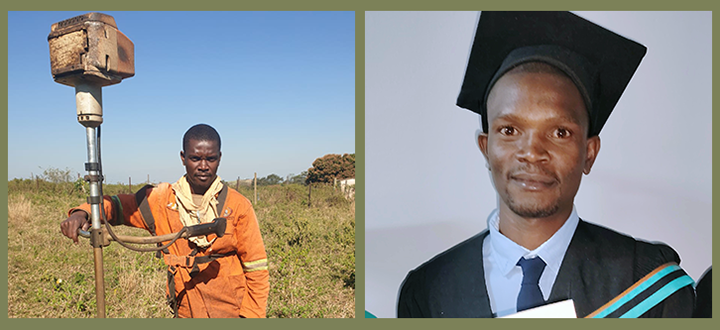 Cutting grass by day, pursuing Unisa studies by night
Cutting grass by day, pursuing Unisa studies by night
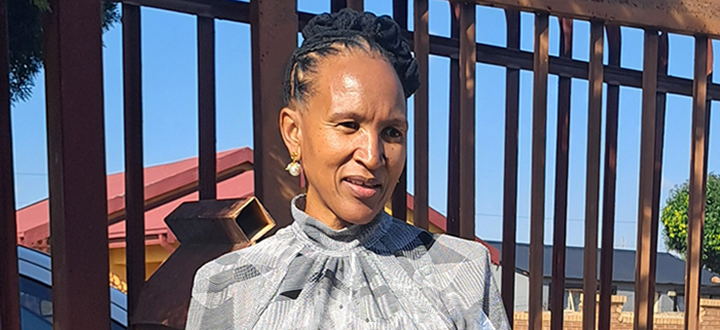 Koma e wetse: When tradition meets the harsh realities of modern livelihoods
Koma e wetse: When tradition meets the harsh realities of modern livelihoods
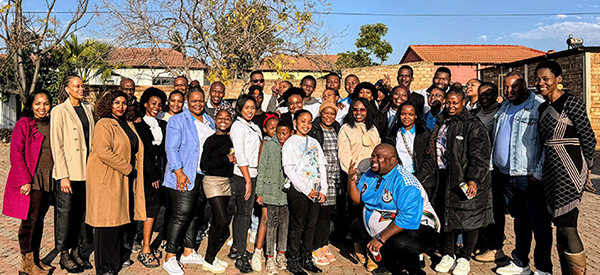 Imbizo inspires youth
Imbizo inspires youth
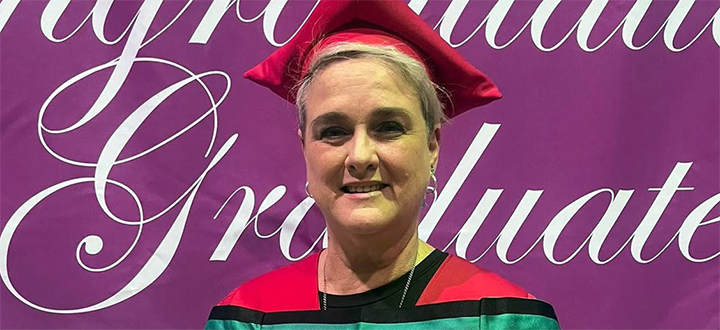 Shedding light on the well-being of ODeL facilitators
Shedding light on the well-being of ODeL facilitators
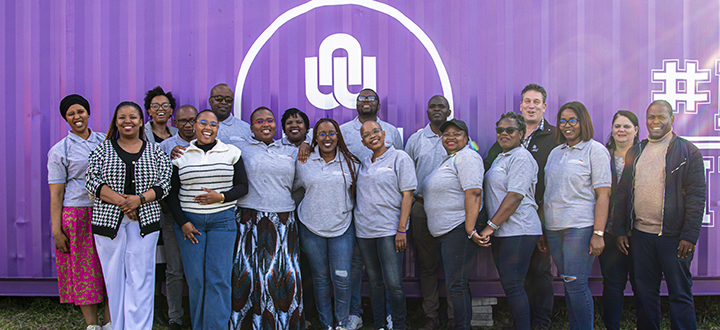 A giant leap for student success and retention
A giant leap for student success and retention